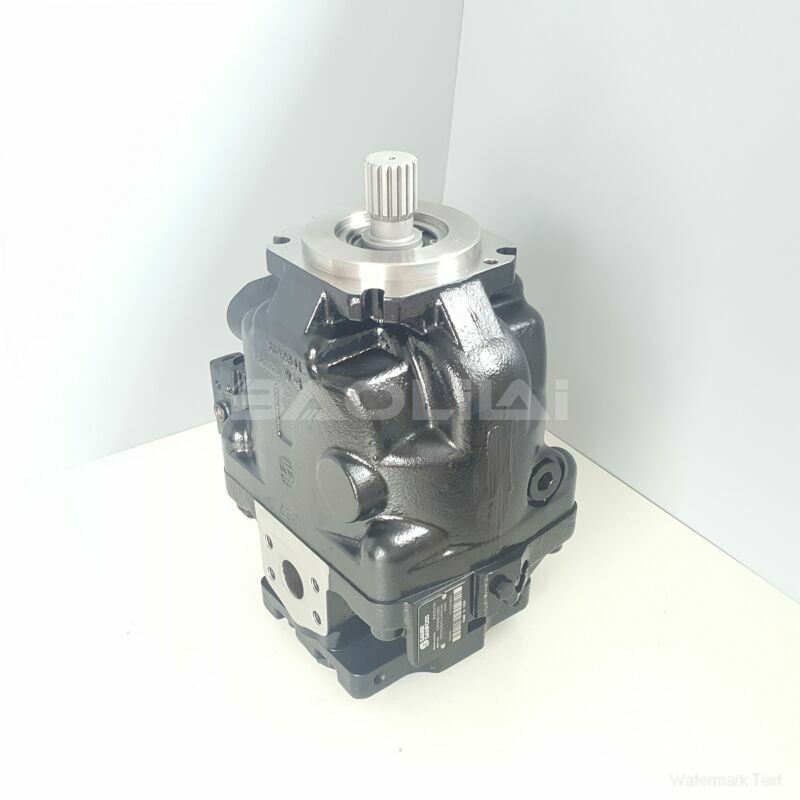ERR147CLS2620NNN3S1NPA1NNNNNNNNNN hydraulic pump
ERR147CLS2620NNN3S1NPA1NNNNNNNNNN hydraulic pump

- Product Details
- Applicable Scene
In large-scale refineries, the efficient handling and circulation of fluids are critical for optimizing operations and ensuring safety. Hydraulic pumps play an essential role in this process, facilitating the movement of various fluids required for refining processes, including crude oil, lubricants, and chemical additives. Understanding the significance, types, and applications of hydraulic pumps in fluid circulation can provide valuable insights into their functioning in refineries.
ER-R-147C-LS-26-20-NN-N-3-S1NP-A1N-NNN-NNN-NNN
ERR147CLS2620NNN3S1NPA1NNNNNNNNNN
Hydraulic pumps are mechanical devices that convert mechanical energy into hydraulic energy, enabling the movement of fluids through the refinery system. They facilitate essential processes such as heating, cooling, mixing, and transferring fluids between tanks and various processing units. The reliability and efficiency of these pumps directly influence the overall productivity and safety of refinery operations.

83037482
There are several types of hydraulic pumps commonly used in refineries, including gear pumps, diaphragm pumps, and centrifugal pumps. Each type has its unique advantages and is suitable for specific applications.
Gear pumps are known for their ability to handle viscous fluids, making them ideal for transferring thick oils and other heavy fluids in the refining process. Their simple design and high efficiency allow for consistent fluid flow and pressure control, which is crucial in maintaining operational stability.
Diaphragm pumps, on the other hand, excel at handling corrosive and abrasive fluids. Their design prevents leakage and minimizes environmental impact, making them suitable for sensitive applications within the refinery landscape where chemical reactions or reactions involving hazardous materials occur.





